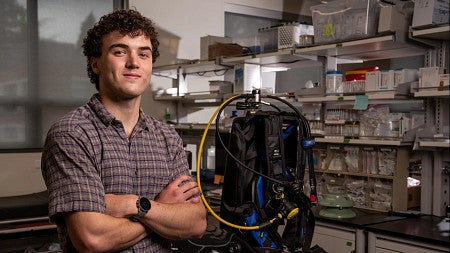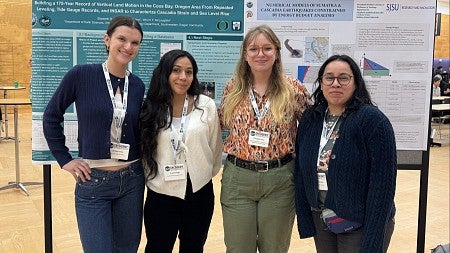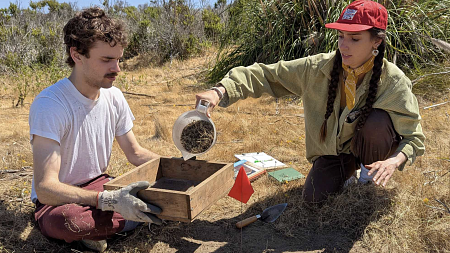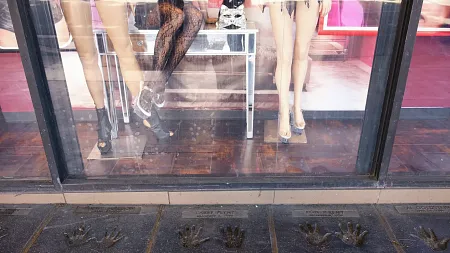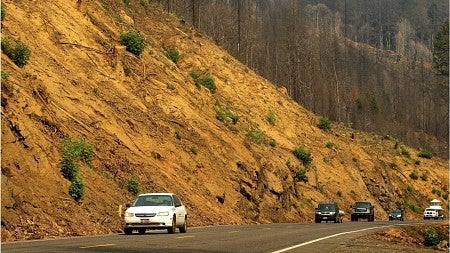
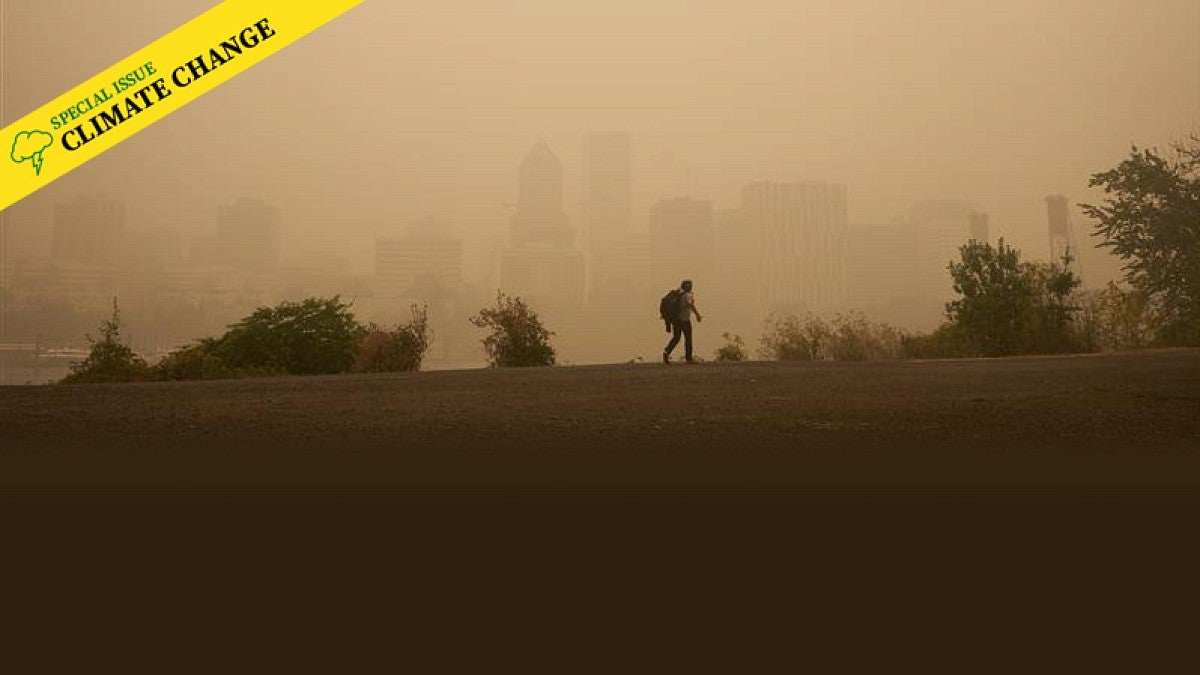
The Cost of a Changing Climate
How will Oregonians feel the crunch from climate change? These economists dug through the data.
By Henry Houston
Experiential Learning | Research & Innovation | Community Impact | Career Preparation | Teaching Excellence | 21st Century Liberal Arts | Building Community | Good Vibes | CAS Spotlights | All Stories | Past Issues
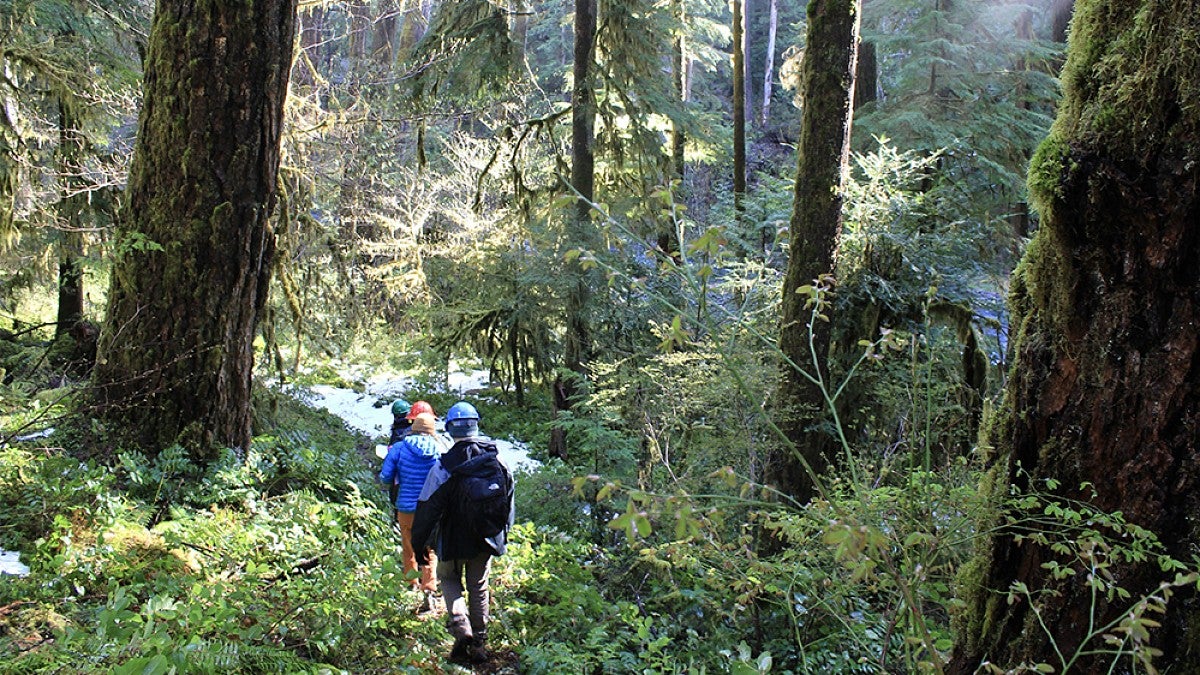
Making Sense of
Climate Change
Today’s students have been handed the bleakest future of any generation since World War II. Here’s how they’re dealing with it.
By Jenny Brooks
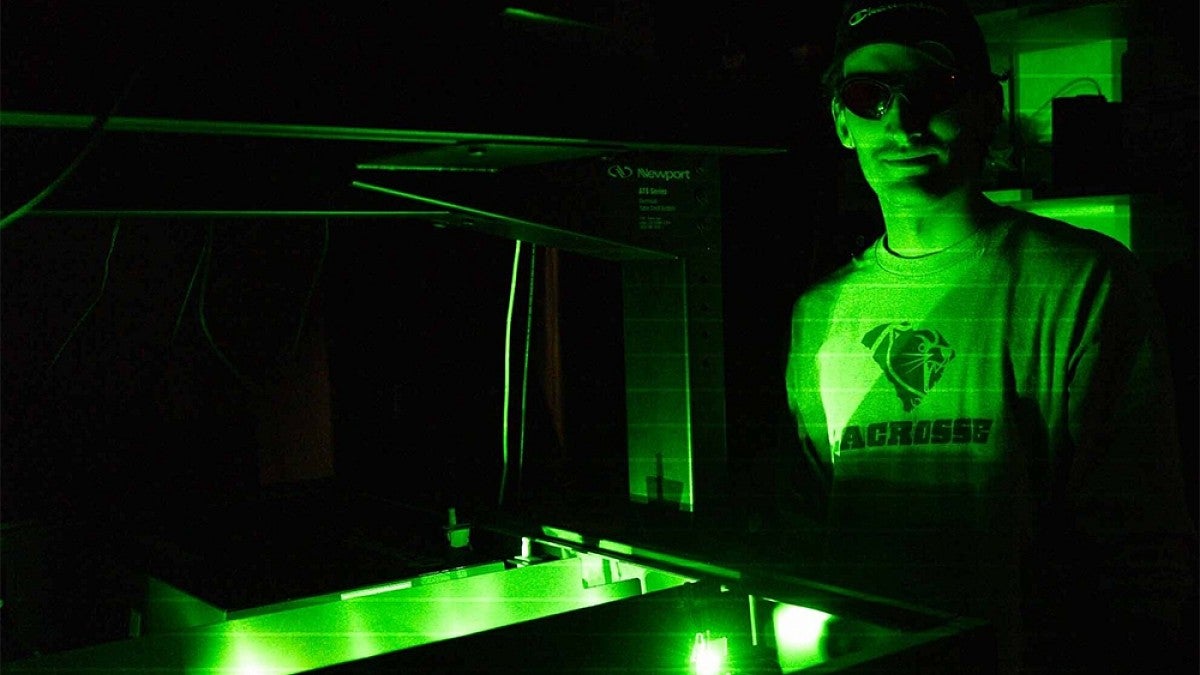
Green Chemistry for
a Green Future
As the deadline to curb carbon emissions nears, CAS chemists are hard at work developing a new generation of sustainable tech.
By Nicole Krueger
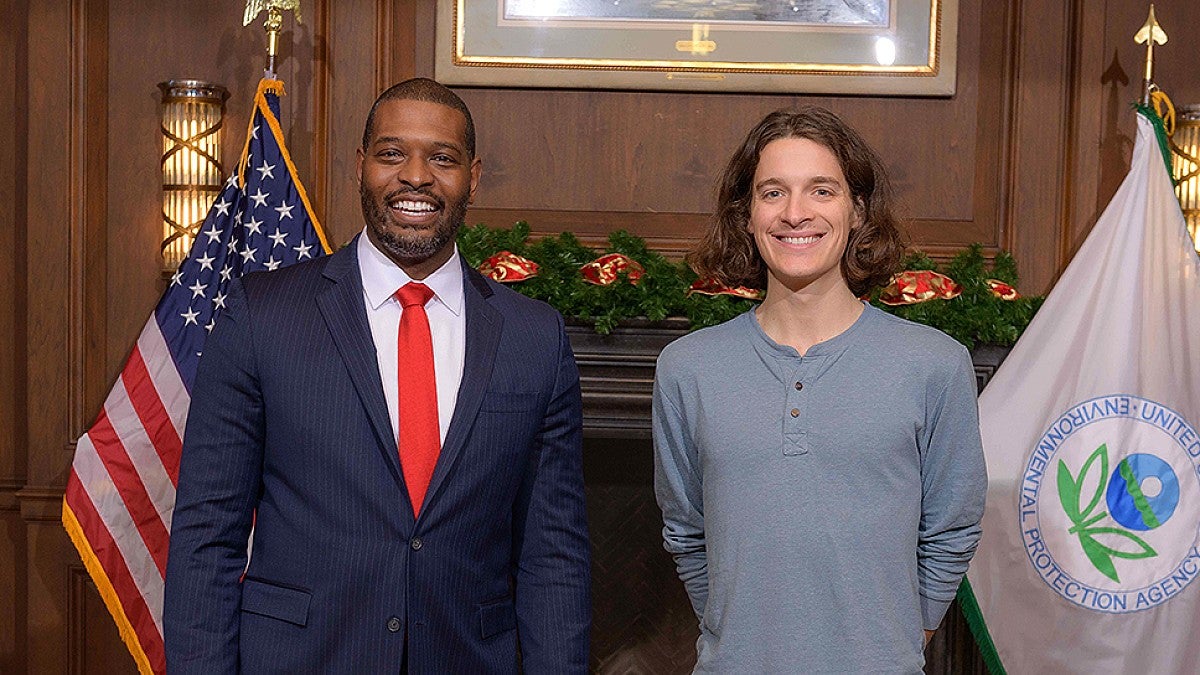
Economics for a
Healthier Planet
Econ graduate student Emmett Reynier uses economics research to inspire environmental policy changes.
By Henry Houston
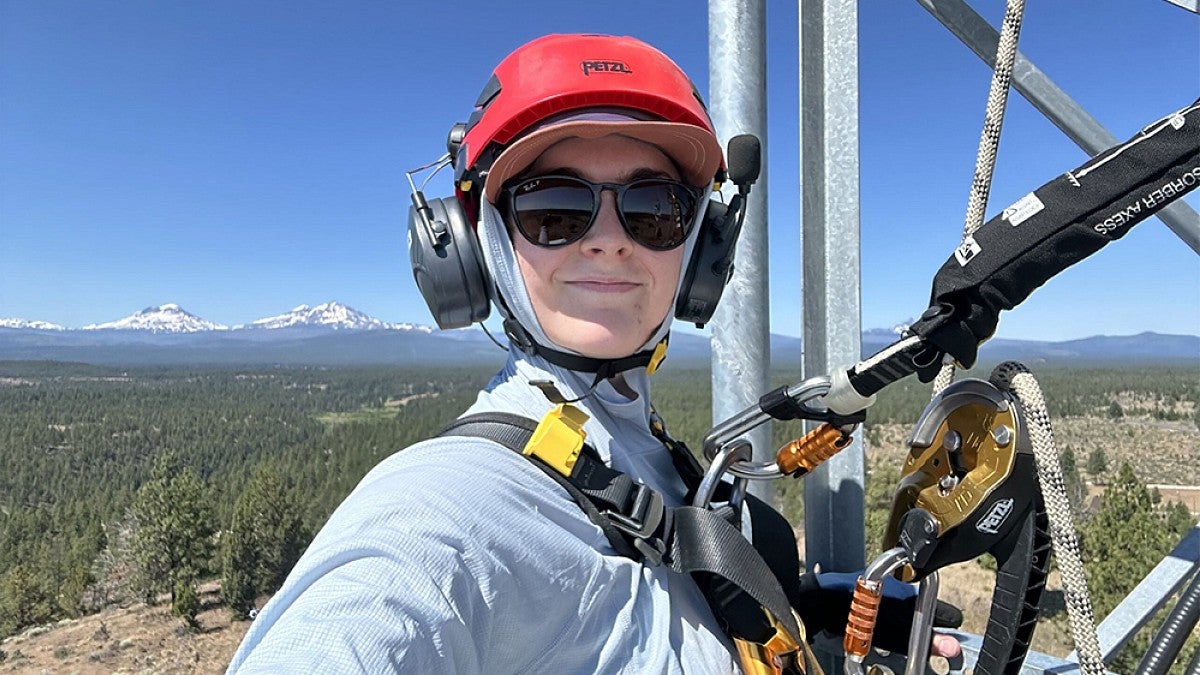
Building Hazard
Resistance
Installing wildfire cameras and seismic sensors for OHAZ became a full-time gig for Earth sciences alum Sydney Whiting.
By Bailey Meyers

Eco-friendly or Ecofascist?
Students explore how environmentalist ideas can be weaponized in pursuit of a fascist political agenda.
By Jenny Brooks
Building Resilience against Climate Change
Last spring, the atmospheric concentration of carbon dioxide reached levels not seen in more than 14 million years. Dean Chris Poulsen explains how faculty and students in the College of Arts and Sciences are working across disciplines to address climate change.
CAS News
All news »
From the Media
Connect with Us
CAS Connection is produced by the CAS Communications Department and edited by Nicole Krueger.
Got something to say? Send us your story ideas or contact us at CASConnection@uoregon.edu.
We know you don’t want to miss a single moment of CAS greatness. Stay plugged into the #CASCommunity by following us on your favorite channels.
|
|
|
|
|
|

